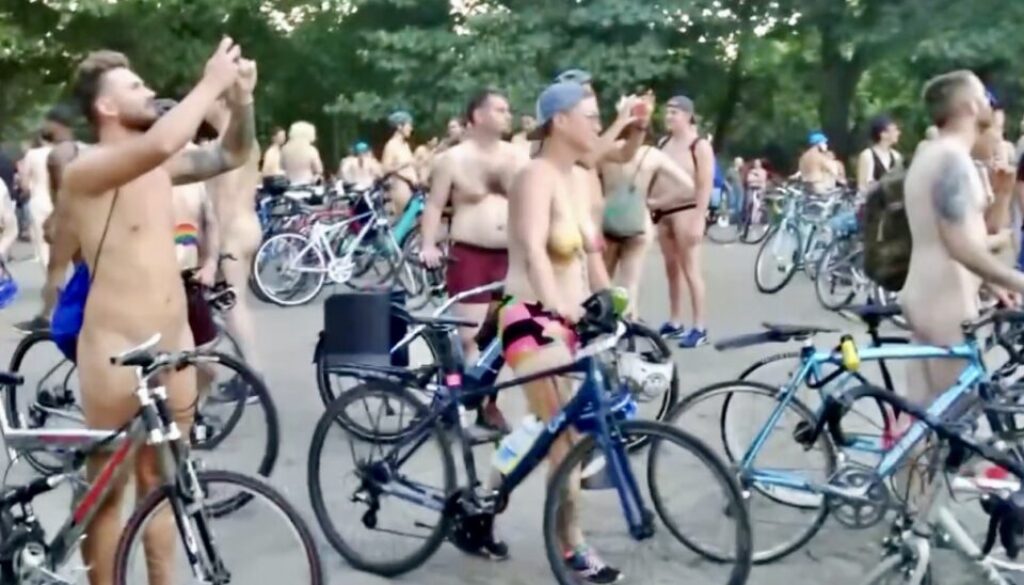Minority Perspectives
The Constitution was drafted with the explicit purpose of safeguarding the rights of minority perspectives. This fundamental principle alone provides ample justification for the freedom to engage in peaceful nude recreation without any unwarranted intervention from the government.
The U.S. Constitution, especially through its Bill of Rights, was designed to safeguard individual rights and protect against potential tyranny by the majority. This principle ensures that minority points of view and rights are not overrun by the will of the majority. Expanding on this topic:
First Amendment
This amendment guarantees the freedoms of speech, assembly, and the exercise of religion. While not directly addressing nudity, the principle behind this amendment supports the idea that individuals should be free to express themselves.
Ninth Amendment
This states that the enumeration of certain rights in the Constitution does not mean that people do not have other rights that are not specifically mentioned. This can be interpreted to mean that just because a specific right isn’t listed, it doesn’t mean that people don’t have that right.
Tenth Amendment
This delegates powers not given to the federal government by the Constitution, nor prohibited to states, to the states or the people. This means that if the Constitution does not explicitly deny a right (like the right to recreate in the nude), states or people may be free to exercise that right.
Case Law
Over the years, courts have made rulings related to nudity. The right to be nude in public spaces is often balanced with the government’s interest in maintaining public order and decency. These rulings vary and may differ between jurisdictions.
Balancing Act
While the Constitution protects individual rights, it also recognizes that there might be situations where individual rights are balanced against societal interests. For instance, while recreating in the nude might be seen as a personal freedom, governments may regulate nudity in public places to maintain public order.
Localized Decisions
The U.S. federal system allows states and local jurisdictions significant latitude in determining regulations. This means that while one city or state might be permissive about public nudity in certain areas (like designated beaches), others might be more restrictive.
Precedents
There have been instances where activities related to personal freedom and self-expression, which might include nudism or naturism, have been protected under the First Amendment. However, these cases are specific and don’t necessarily create a broad right to public nudity.
Conclusion
In essence, while the U.S. Constitution does protect minority rights and individual freedoms, the right to recreate in the nude in public places involves a complex interplay of constitutional principles, societal values, and legal precedents. Advocates for nudist rights often appeal to the principles of personal freedom and self-expression as they push for more permissive regulations.
External Mental Health Resources
Sexual Repression
Benefits of Nudism
Read Top 10 Benefits of Nudism by Marc of Nude and Happy
- Read The health benefits of being naked: How stripping down is good for you by Jordi Lippe-McGraw of Today
- Read Exploring the Benefits of Nudism: A Look at the Positive Aspects of Going Clothes-Free of Allo Health
- Read 12 Benefits of Nudism by Gary Holden of AANR
- Read Surprising Health Benefits of Being Naked by Elizabeth Marglin of The Upside
- Read 10 Ways Naturism Is a Healthy Lifestyle by Joseph Duprey of Listverse
That concludes this Pink Paper.
Browse our Categories of Pink Papers:
Featured Image:

Featured Image Credit:
An iPartyNaked photo by Naked Jesus. © iPartyNaked.com. All Rights Reserved.
Check out these Pink Papers:
These Pink Papers are Pillar Content, and we think they’re interesting.















































